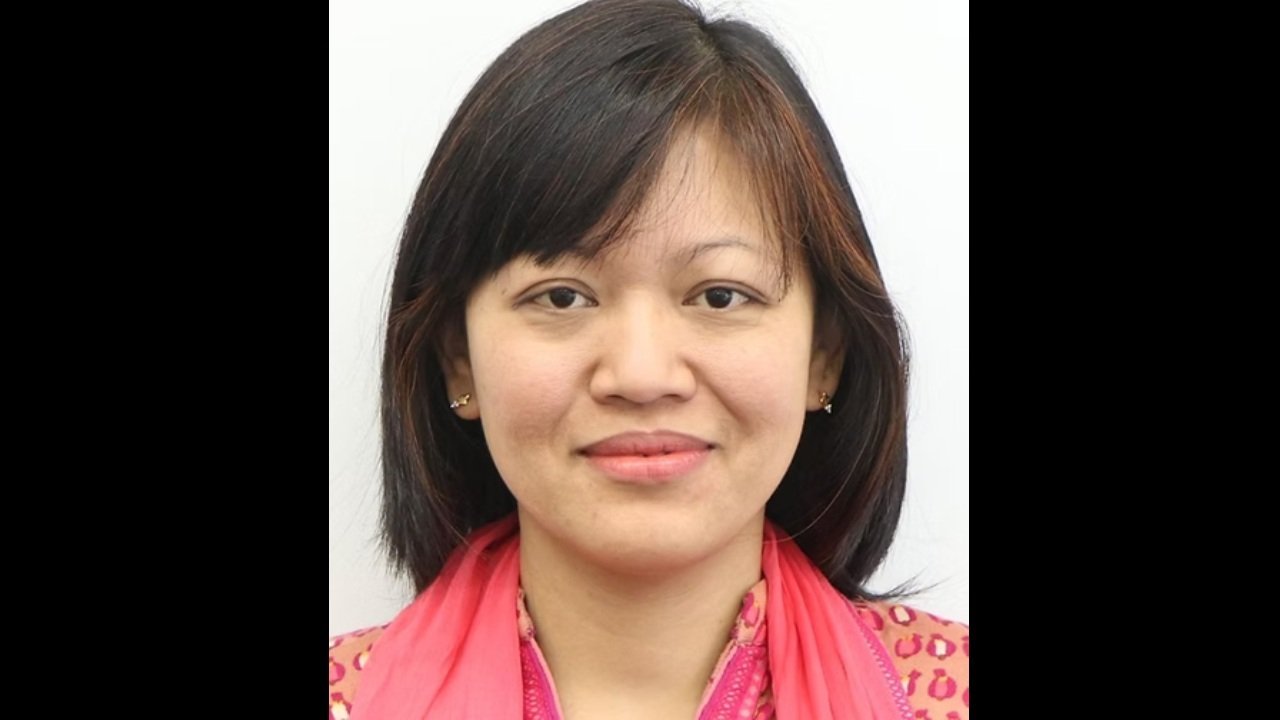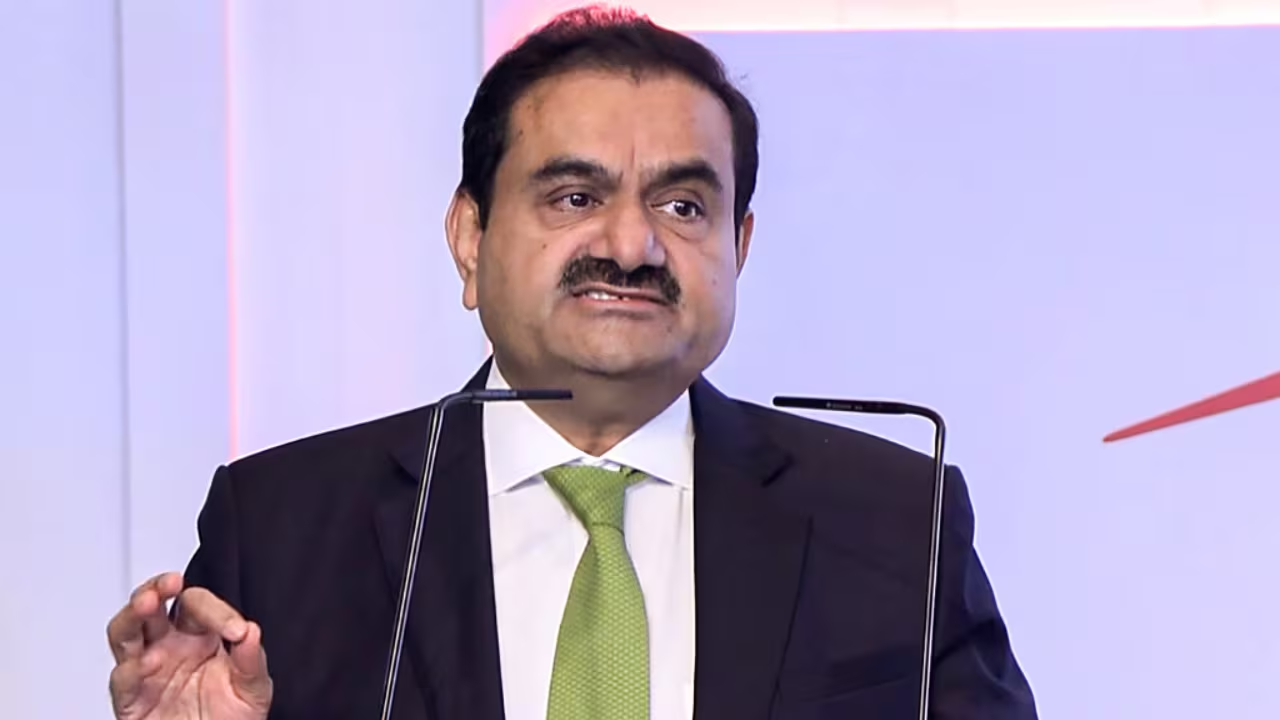To capitalise on the global flow of funds, banks such as HSBC, Citi, Deutsche Bank and Singapore’s DBS Bank emphasise a strategy of international connectivity, leveraging their extensive network of offshore centres across major wealth centres like Singapore, Hong Kong and London
The increase in high-net worth individuals in India is increasing the appetite for wealth management services, and Singapore’s banks are looking to lure in prospective customers, bolstered by its preferential regulatory and tax environment, reported thebanker.com.
The number of millionaires in India is projected to exceed those across the group of countries part of the Association of Southeast Asian Nations by the end of the decade, according to a report, “The rise of Asian wealth”, from HSBC Global Research. India’s economic boom, combined with a friendly regulatory environment and a slowdown from China, has banks such as HSBC, UBS and Citigroup looking to capitalise on the surge in wealth.
“With this tremendous growth, private banks in Asia are expanding their teams to increase coverage of this important market,” says Tommy Leung, head of global private banking, South Asia, at HSBC. “HSBC Global Private Banking has identified India as one of the key growth markets in the region.”
Singapore and Dubai have emerged as the key recipients of India’s growing wealth. Singapore in particular with its long-standing reputation as a stable financial centre, its emphasis on long-term wealth preservation and succession planning, has been a magnet for India’s ultra-high-net-worth individuals.
The city-state also boasts a friendly-regulatory environment and significant tax incentives for setting up family offices, for which one of the requirements is to set up a private banking account with a Singapore-licensed financial institution. Furthermore, compared with India where a capital gains tax of between 15 and 25 per cent is imposed, Singapore has no such imposition.
“There is visible migration of UHNW clients from India into Dubai and Singapore, which is reflected in the rising number of single family offices set up by the Indian sub-continent clients, either in Dubai or Singapore,” says Rajesh Mahadevan, head of global south Asia and Africa, private bank emerging markets at Deutsche Bank.
Looking five years ahead, UBS expects the number of millionaires, calculated in US dollars, in India to increase by more than 20 per cent, which is equivalent to an increase of more than 190,000 people.
“[NRI clients] are also sophisticated and tech-savvy, and require ‘always-on’ digital platforms that allow them to monitor and trade on their portfolios anytime, anywhere.”
— Vikas Jaidka, Region Head for the Middle East, Africa and NRI
While there is a notable trend of increasing funds coming from India, Indian investors are also looking back at their home country to park their wealth.
Wealth inflows from non-resident Indians have coincided with the exceptional performance of the Indian capital markets, where the stock market has delivered strong returns, surpassing global benchmarks like the MSCI World Index. In 2023 alone, NRIs sent approximately $125bn back to India.
“These trends underscore the growing confidence and investment activity among NRIs, contributing to the broader landscape of wealth management and private banking funds flowing into India,” says Leung at HSBC.
To capitalise on the global flow of funds, banks such as HSBC, Citi, Deutsche Bank and Singapore’s DBS Bank emphasise a strategy of international connectivity, leveraging their extensive network of offshore centres across major wealth centres like Singapore, Hong Kong and London.
“Our NRI clients are now looking more for personalised and holistic solutions specific to estate and wealth planning needs, and for cross-border wealth management solutions as more families now have members living in different countries looking after multiple business interests,” says Vikas Jaidka, region head for the Middle East, Africa and NRI at DBS Private Bank.
“[NRI clients] are also sophisticated and tech-savvy, and require ‘always-on’ digital platforms that allow them to monitor and trade on their portfolios anytime, anywhere,” says Jaidka.
***********************************************************
Readers
These are extraordinary times. All of us have to rely on high-impact, trustworthy journalism. And this is especially true of the Indian Diaspora. Members of the Indian community overseas cannot be fed with inaccurate news.
Pravasi Samwad is a venture that has no shareholders. It is the result of an impassioned initiative of a handful of Indian journalists spread around the world. We have taken a small step forward with the pledge to provide news with accuracy, free from political and commercial influence. Our aim is to keep you, our readers, informed about developments at ‘home’ and across the world that affect you.
Please help us to keep our journalism independent and free.
In these difficult times, running a news website requires finances. While every contribution, big or small, will make a difference, we request our readers to put us in touch with advertisers worldwide. It will be a great help.
For more information: pravasisamwad00@gmail.com








